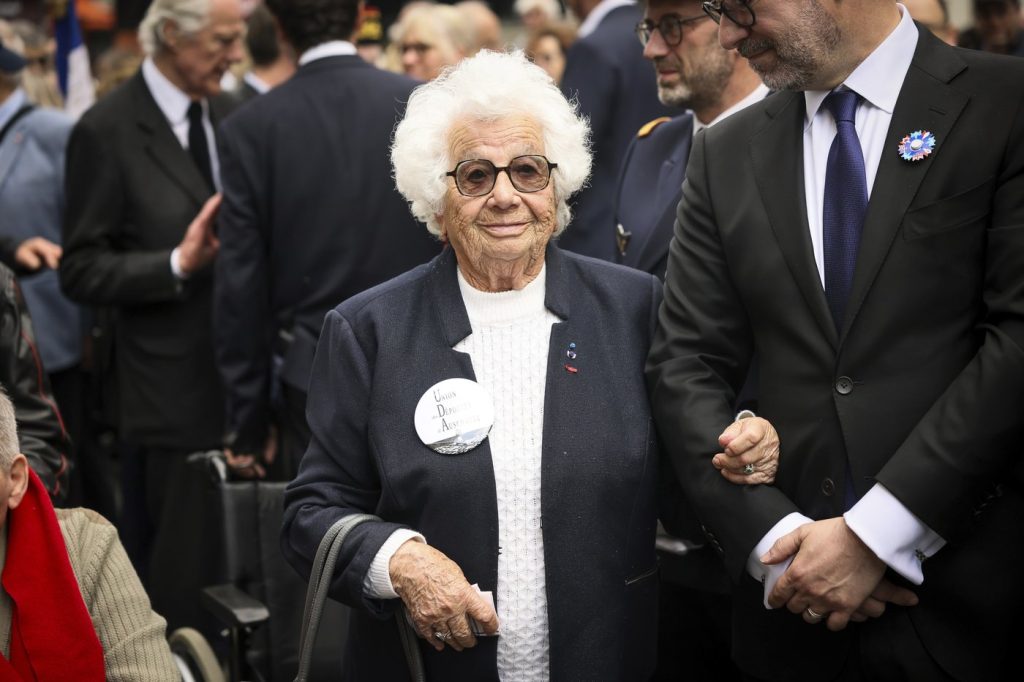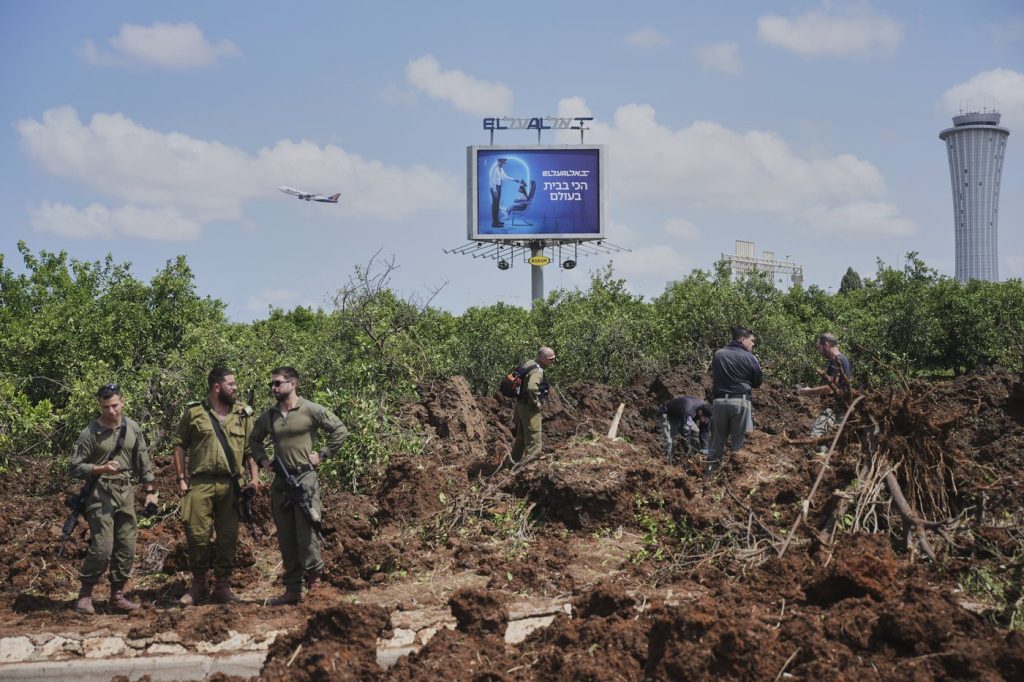As France approaches the 80th anniversary of the Nazi surrender to Allied forces, survivors of World War II are revisiting the haunting memories of fear, deprivation, and persecution experienced during the German occupation. The commemoration serves as a reminder of the atrocities, especially the deportation of Jews and other marginalized groups to death camps.
The chaos began in May 1940 when Nazi forces invaded France. Among those affected was 15-year-old Geneviève Perrier, who fled her village in northeastern France. By June of that year, France had surrendered to the Nazis. Three years later, Esther Senot, also 15, was arrested by French police and deported to Auschwitz-Birkenau. In 1944, Ginette Kolinka, at the age of 19, was sent to the same death camp. Now nearing 100 years old, these women are determined to share their stories, ensuring the memories of the war endure and its lessons are imparted to future generations.
Geneviève Perrier, 99, a civilian under Nazi occupation, recalls the terror of fleeing alongside her mother, carrying only a small bag. Thousands were evacuating—families with young children, civilians, and soldiers alike. They sought refuge as bombing raids echoed overhead. Perrier vividly remembers hiding in a field and witnessing a bomb pass perilously close, only to not explode. Later, she found temporary refuge in a small town in southwestern France, ultimately returning home to endure the harsh realities of Nazi occupation.
Perrier recalls the significant presence of the French Resistance in her area and expressed her desire to join the French Forces of the Interior (FFI). However, her mother warned her against it, fearing for her safety. Tragically, three women from the FFI were captured and tortured nearby, emphasizing the dangers that surrounded them. Despite this, Perrier maintained her spirit of resistance, singing Catholic hymns in church, hoping to convey defiance to the occupying soldiers.
In June 1944, during the Allied landings, Perrier had limited access to information and marveled at the unexpected liberation her village experienced later that year when General Leclerc's 2nd French Division arrived with American tanks. Yet, as the war drew to a close, Perrier recounted a chilling episode where a German soldier, accused of heinously killing a child, was forced to dig his own grave before being executed by villagers.
Esther Senot, 97, Holocaust survivor, provides a poignant account of her harrowing experience. Born in Poland to a Jewish family that emigrated to France in the late 1930s, she was arrested in Paris at 15 and deported to Auschwitz-Birkenau in September 1943. Out of a thousand people, only 106 women, including Senot, were chosen for forced labor upon arrival, with the majority tragically gassed shortly thereafter.
Senot endured 17 grueling months in Auschwitz-Birkenau and various other camps before returning to France at just 17 years old. Upon her return in spring 1945, the Lutetia Hotel in Paris became a focal point for survivors reuniting with their families. Senot shared her experience of bureaucratic procedures for survivors while reflecting on the indifference of those who did not understand the scope of suffering endured by returning deportees.
Seventeen members of Senot's family, including her parents and six siblings, perished at the hands of the Nazis. In commemorating their memory, Senot expressed her hope that her survival would serve as a testament to the atrocities committed during that time. However, upon her return, she was met with disbelief and hostility as many could not fathom the horrors that transpired.
Ginette Kolinka, 100, another Holocaust survivor, shares her story of deportation at 19. After returning to Paris in June 1945, Kolinka weighed only 26 kilos (57 pounds) and was weak but considered herself fortunate to have found her mother and four sisters alive, although her father and two siblings had perished in death camps. For over fifty years, Kolinka refrained from sharing her experiences, feeling that the truth was often met with disbelief.
As a member of a survivors' association in the 2000s, Kolinka began speaking out about her experiences. She emphasized that the Holocaust was a consequence of one man's hatred—Adolf Hitler. Moreover, she warned against the dangers of hatred in society, advocating for a more inclusive understanding of humanity regardless of race or religion.
The testimonies of these women serve as powerful reminders of the resilience of the human spirit in the face of unimaginable horror and the importance of remembering the past to prevent such atrocities from occurring again.












